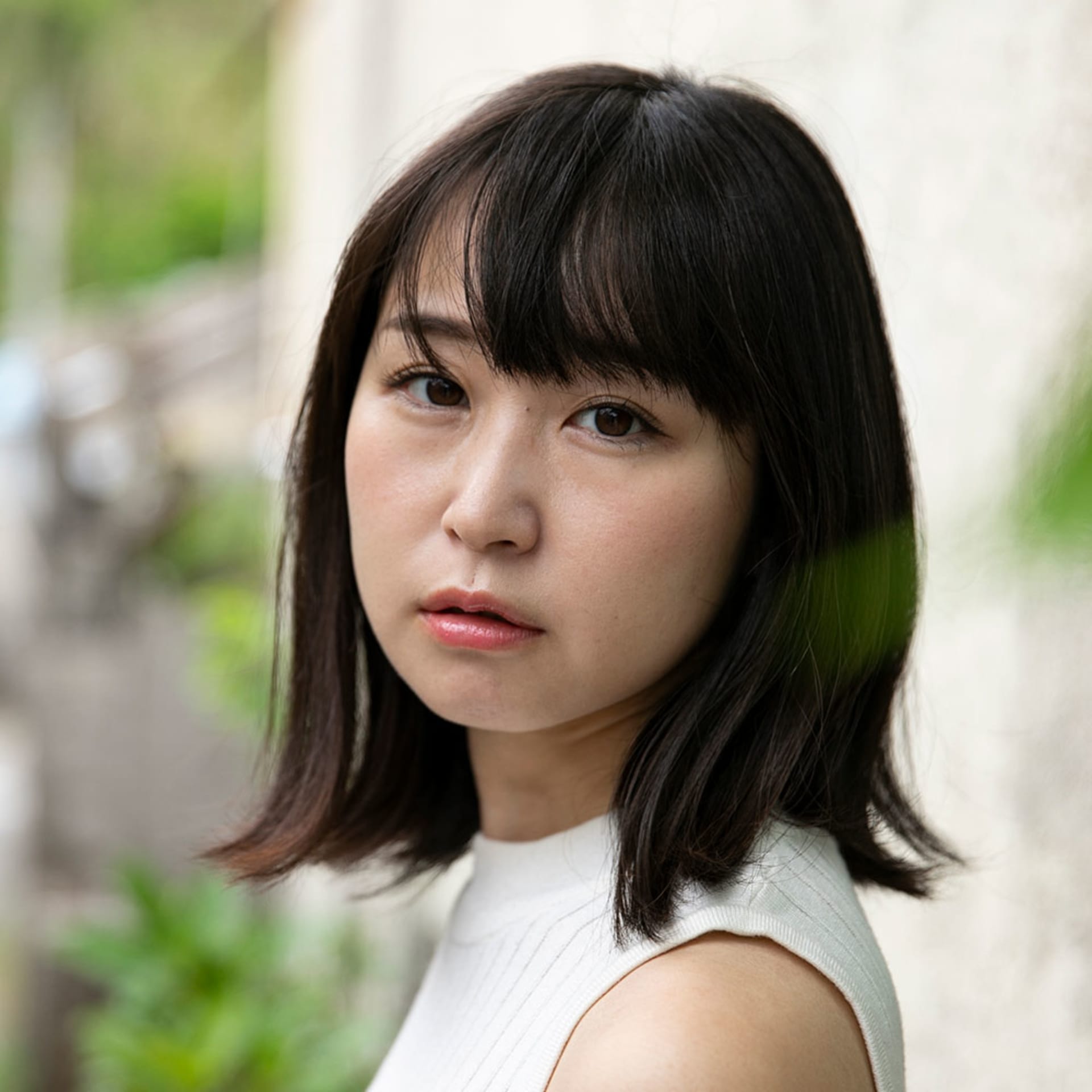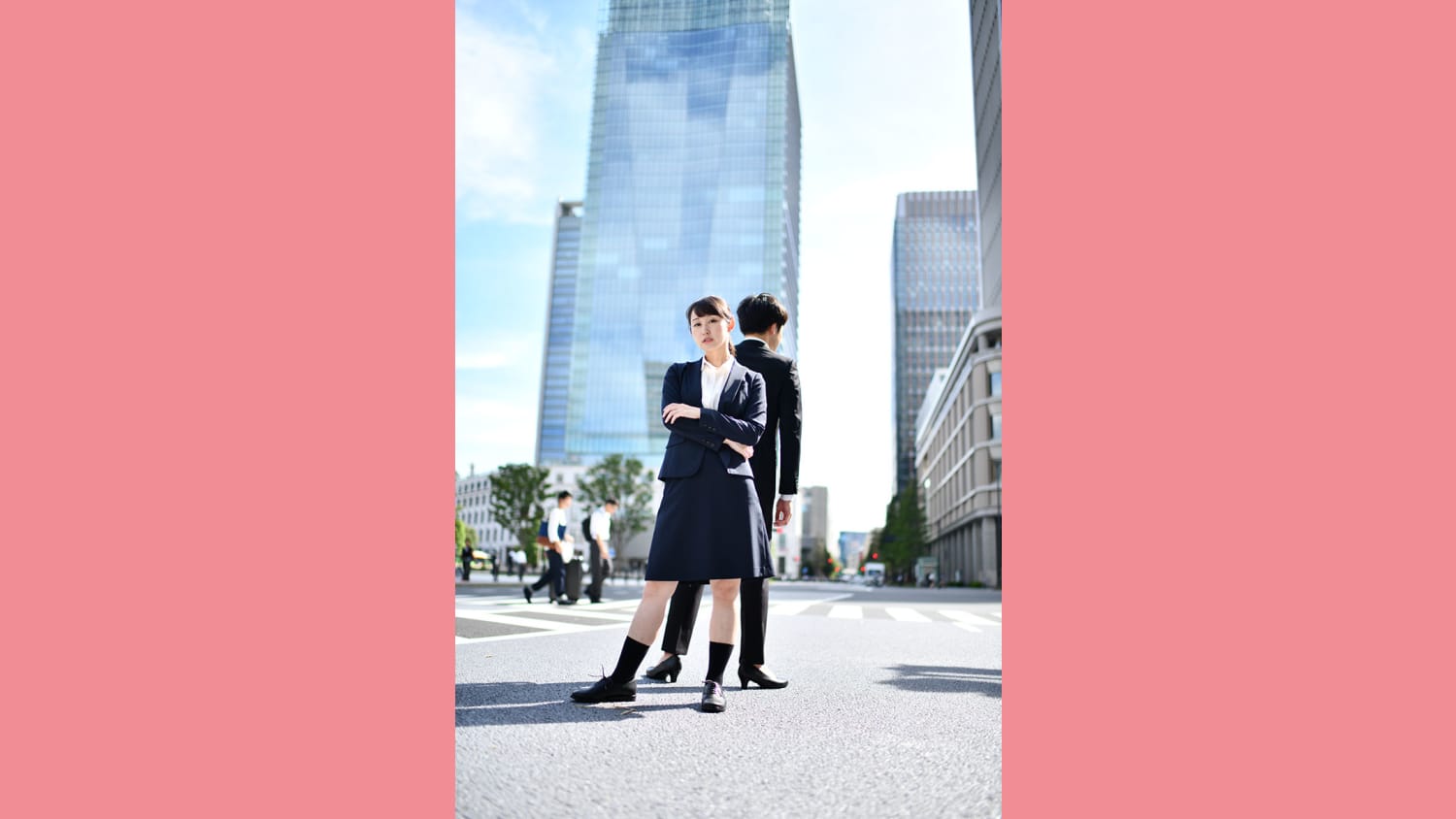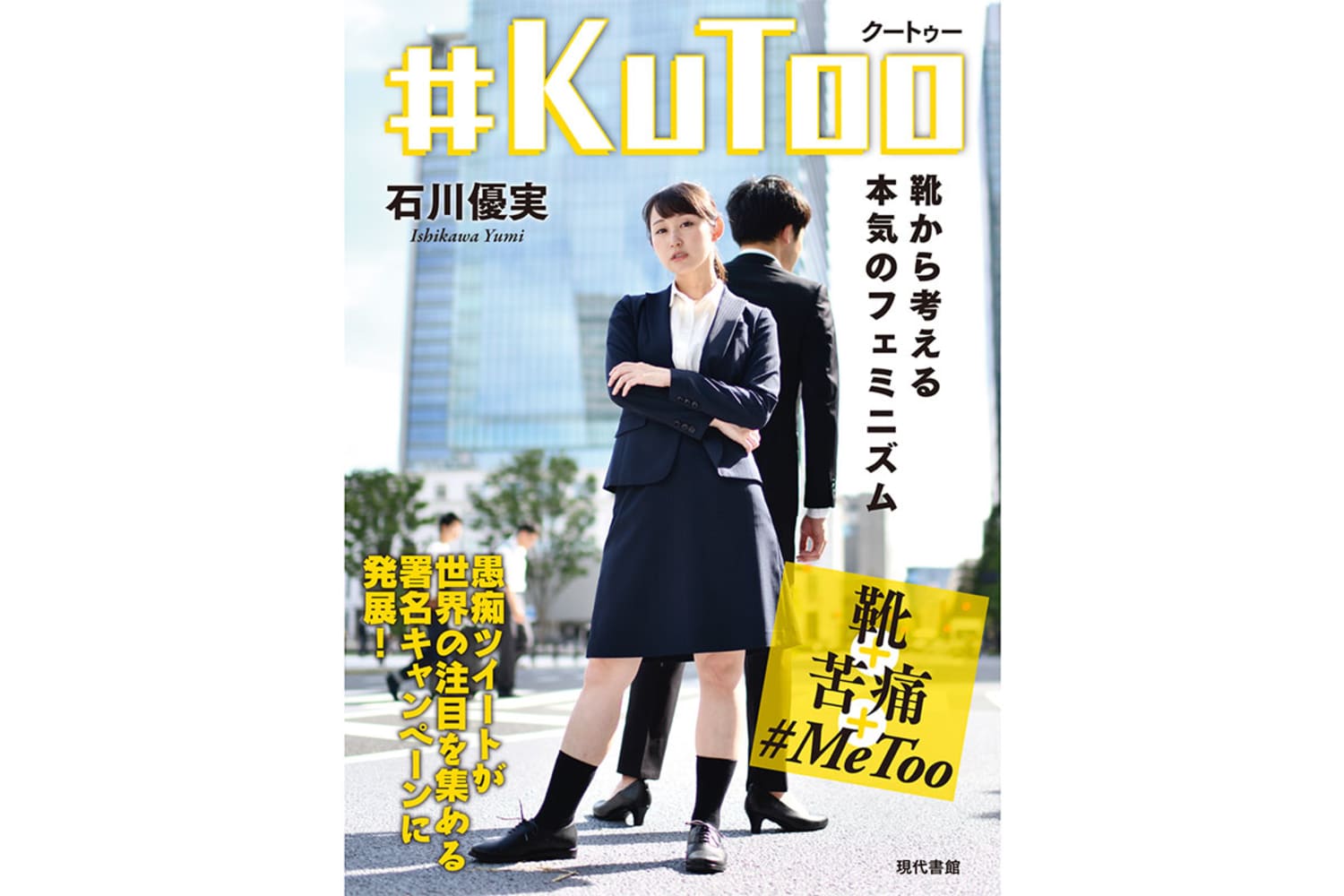In Japan, a backlash against mandatory high heels is sparking a wider conversation around women’s rights in the workplace.
In January this year, a freelance writer, model and actress in Tokyo named Yumi Ishikawa complained on Twitter about the torture of being forced to wear high heels for her part-time job as a funeral services assistant.
Ishikawa, 33, combined the Japanese word for shoe, kutsu, and the word for pain, kutsuu, and #KuToo was born. Japan’s high-heel requirement for women, which is common across industries, was a form of gender discrimination, she claimed, and resulted in real harm—bunions, blistering and bleeding—which men were not subjected to.
Since then, an online petition she started urging the government to make it illegal for employers to force employees to wear high heels has garnered 31,000 signatures, resonating with women of all ages across Japan. She submitted the petition to the Ministry of Health, Labour and Welfare in June, with no success.
Japan is not alone in its high heel dress code, of course. High heels are considered de rigueur around the world for various corporate jobs, flight attendants, and famously on the red carpet at Cannes. But it’s particularly pervasive in corporate Japan, where dress codes for both men and women tend to be strict.
Ishikawa has her detractors. Some don’t see what the fuss is about. Others think her background as a pin-up model somehow disqualifies her from speaking up about gender rights. But her message has struck a chord with many.
In October 2019, Ishikawa made the BBC’s list of 100 inspiring and influential women from around the world, alongside activists, journalists, athletes and scientists. In the last week of October 2019, she launched a brand of flat shoes—KuToo Follower—styled like men’s lace-ups, but in smaller sizes to fit women.
Below, Ishikawa speaks with us about her political awakening and the fight ahead.





